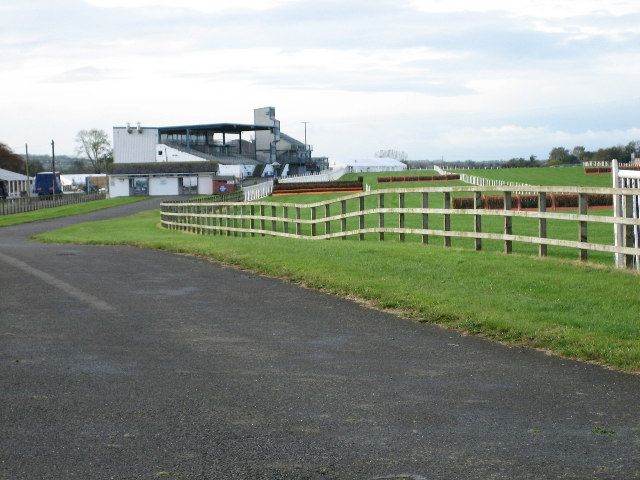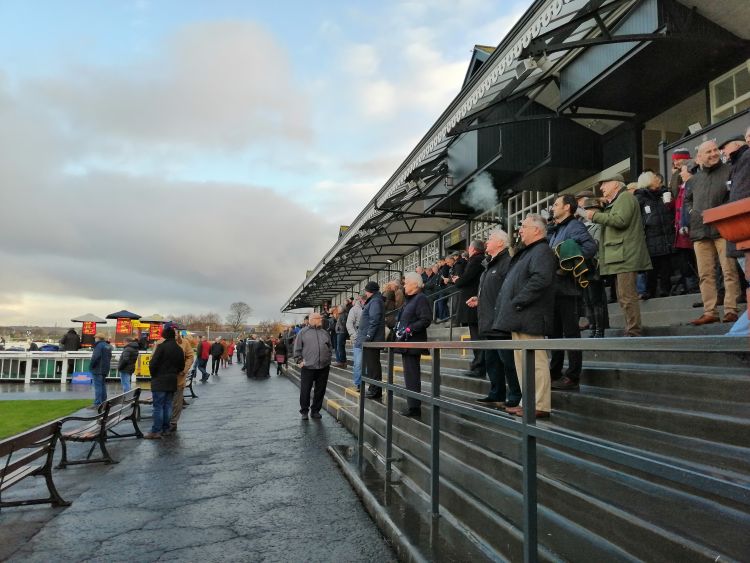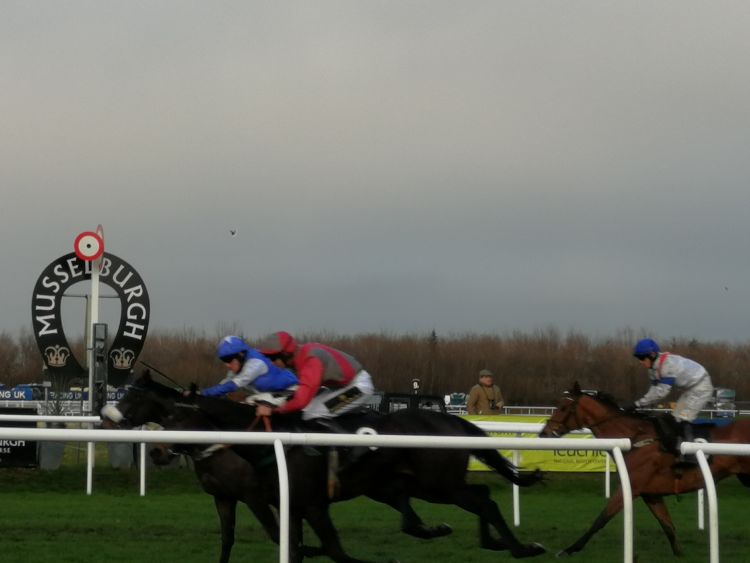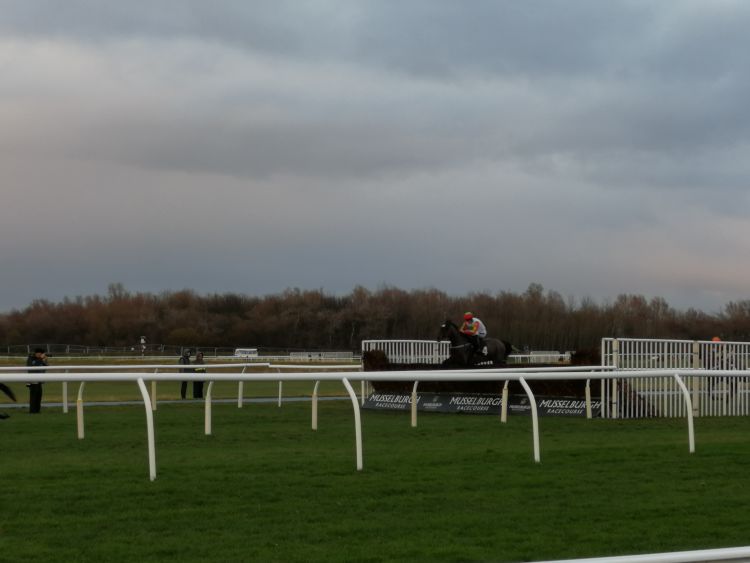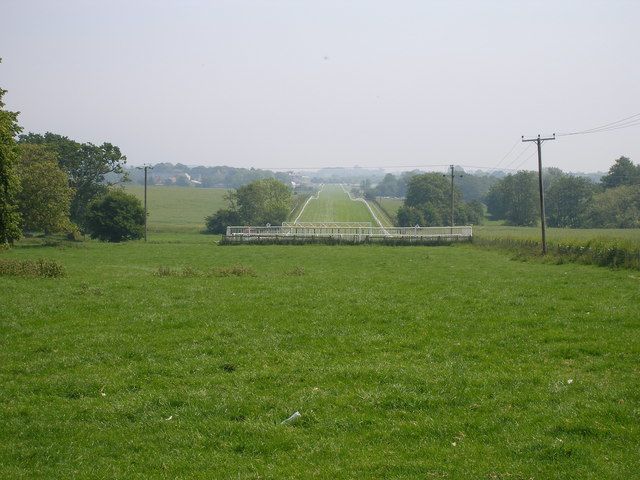Trouble is coming
Why British and Irish Racecourses are facing threats to their existence

For the people of Lisburn, Northern Ireland, it's a tradition to flock to Down Royal Races on Boxing Day.
The course will be bustling. Racegoers, Bookmakers, Trainers and Jockeys will all be united through the thrill of Horse Racing.
It'll be business as usual at the track, but potentially for the last time.
Down Royal may close down in the new year. It's one of eight Racecourses whose existence has been endangered this century.
Commentator Gareth Topham experienced the festive fixture for the first time in 2017. Like many, he's shocked at the prospect of the course closing.
He said: "It's somewhat hard to believe."
"It always attracts sizeable crowds and a higher quality of Horse than other courses.
"It's one of the most popular tracks in Ireland."
The owner/management feud

Despite their on-track achievements, bitter arguments between Racecourse owners and the management continues to threaten the status of Down Royal.
Merrion Property Group are evicting the Down Royal Corporation of Horse Racing Breeders, the management team who saved the course from bankruptcy and turned it into the 2017 Irish Racecourse of the Year.
If racing ends at the track, they have promised to build a new venue in the area.
Darren Owen has also commentated at the Maze venue, and he is desperate for racing to stay at its current home.
He said: "It would be a crying shame to see it go. It's a Premier League Racecourse.
"For the sake of Irish racing it needs to stay."
Down Royal isn't alone though. Blazing Rows over the running of the Scottish Racecourse, Musselburgh, has threatened its survival for many years.
The arguments between East Lothian Council and the Racecourse management, Lothians Racing Syndicate, has meant Musselburgh has operated on temporary licences from the British Horseracing Authority since 2017.
It's turned so sour that a third-party company will take over operations at the course.
However, it won't happen until late 2019.
Musselburgh Chairman John Prideaux has played a vital role in reviving the course's fortunes.

John Prideaux has been at the helm of Musselburgh for over 20 years.
John Prideaux has been at the helm of Musselburgh for over 20 years.
He believes the once-fruitful relationship will never be repaired.
He said: "Our leadership has been tested to the bitter end. It's the jewel in East Lothian's crown, they have done everything to take that away.
"It's a desperate time, livelihoods are at stake."
The lack of money
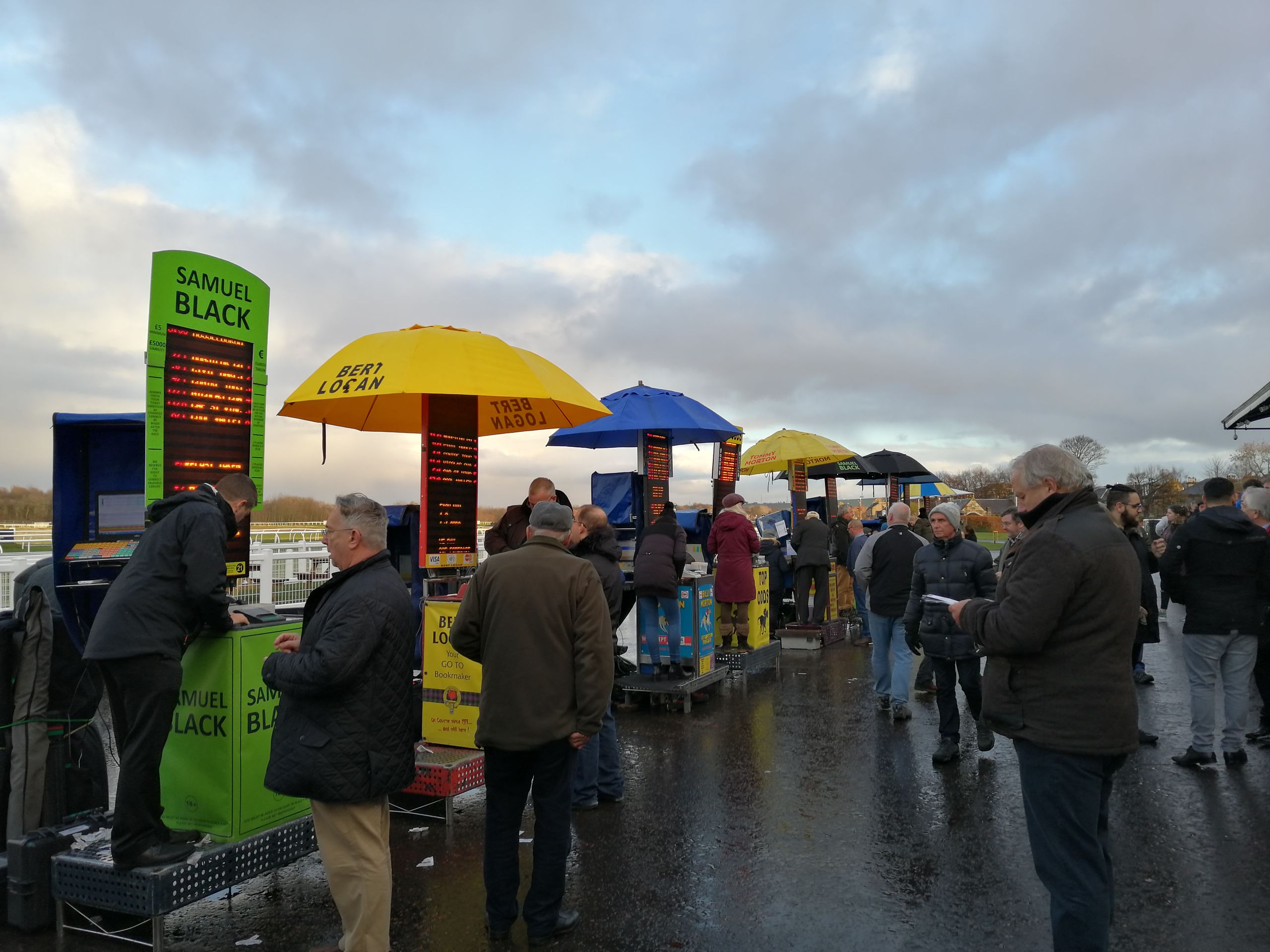
While they face political problems, Down Royal and Musselburgh are financially safe.
However, some Racecourses' aren't as lucky.
After racking up debts of £1.3million, Towcester's future is in disarray.
Seven months have passed since a fence was last jumped at the Northamptonshire track. It'll head into 2019 deserted.
The closure has resulted in 134 of the 137 Racecourse staff losing their jobs.
Although central Levy funding was boosted to £9.7million this year to tackle problems at the lower tier of the sport, grassroots tracks still face strife.
Racing Historian Chris Pitt grew up in an era where closures were commonplace. He believes that Towcester's problems have been a long time coming.
"Five years ago, the future was looking bleak," he says.
"The finances were founded on quicksand, it's hard to make any profit."
Pitt believes some courses are in economic freefall - an opinion echoed by leading racing writer Kevin Blake.
"Courses just aren't able to make any money. I'd not want to be a shareholder in courses that aren't in the country's top 10," he says.
"There's a real fear they'll become housing estates."
The looming threat of housing
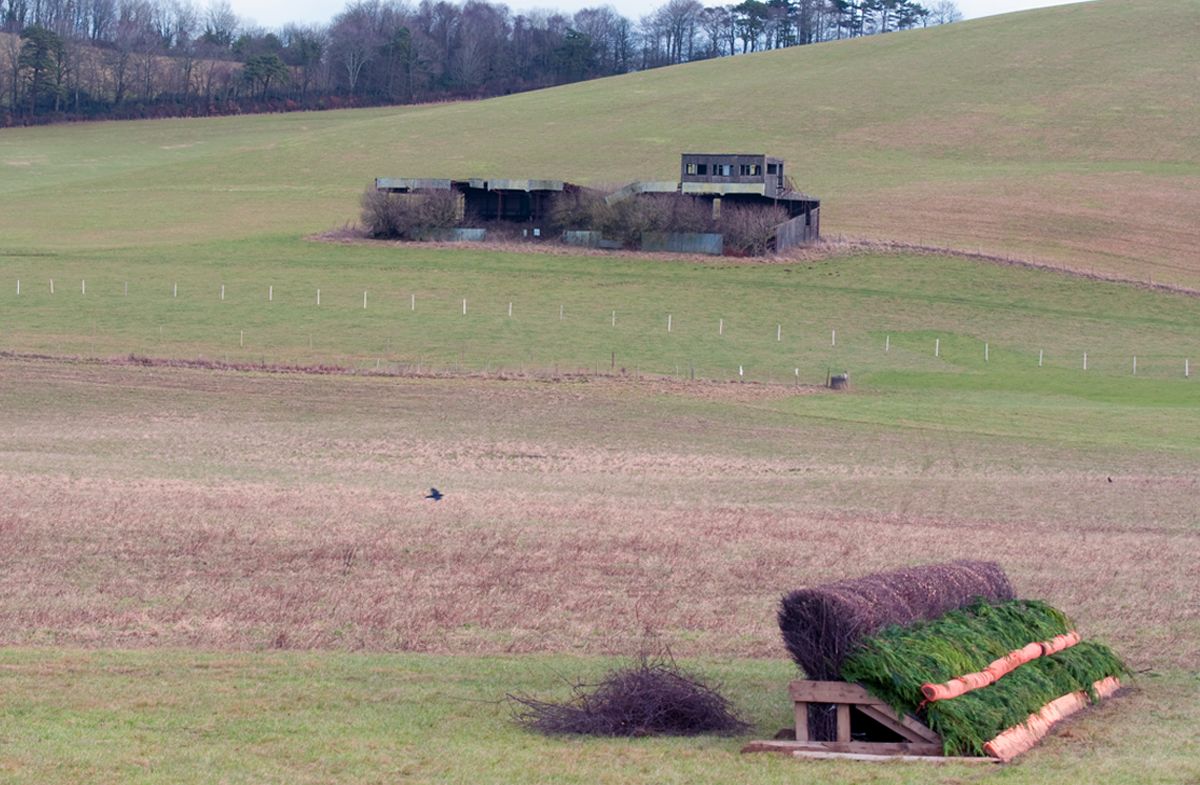
The fear of courses becoming tower blocks is increasing.
The UK's population has risen by over three million since 2010. With the current demand for housing, Racecourse land is a goldmine for Developers.
Any dreams of racing returning to Folkestone Racecourse were dashed in 2016, when it was confirmed the course was to become part of a new 12,000-home Garden Town.
A year later, it was announced that Kempton Park, home of the King George VI Steeplechase, would be flattened to make way for 3,000 houses as part of a £500 million initiative for British Horse Racing.
The plans are unlikely to go ahead, but Jockey Club Racecourse's intentions for the course has divided opinion.
For some, such as Gareth Topham, the decision was disappointing but understandable.
"For racing it's sad," he says.
"But courses take up a lot of land and if the price is right, it's no wonder the owners are tempted."
However, Pitt was appalled by the prospect of demolishing Kempton.
He said: "It's been diabolical, they'll try and force things through.
"It's an industry venue, we need to keep it for industry turning over."
Despite the upturn that Horse Racing is currently enjoying, Blake still fears that more under-threat Racecourses are just around the corner.
"Trouble is coming. It's going one way and that's downhill," he says.

